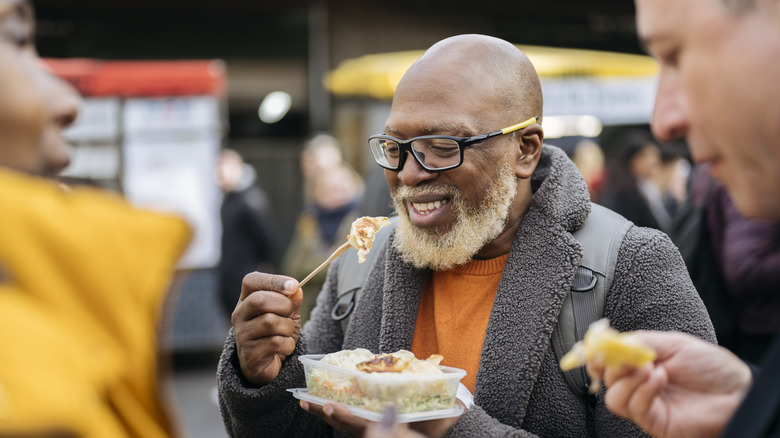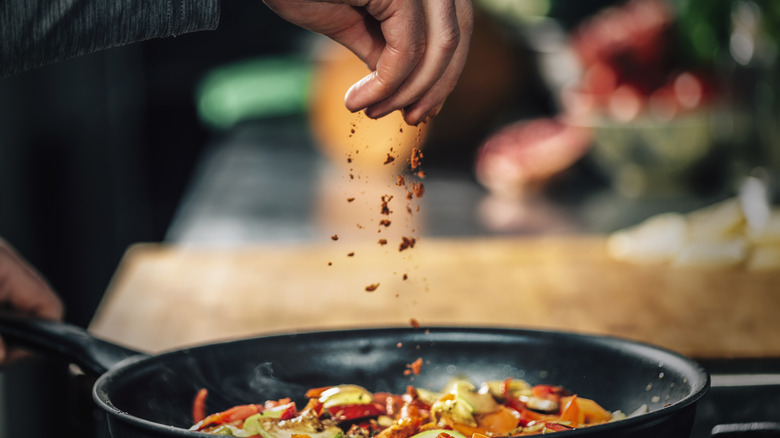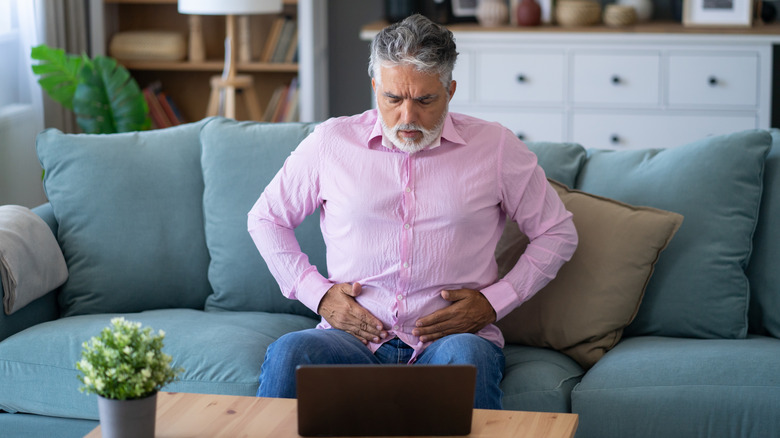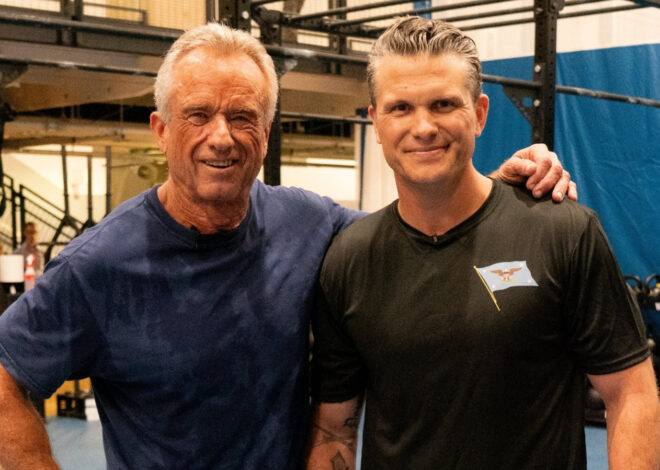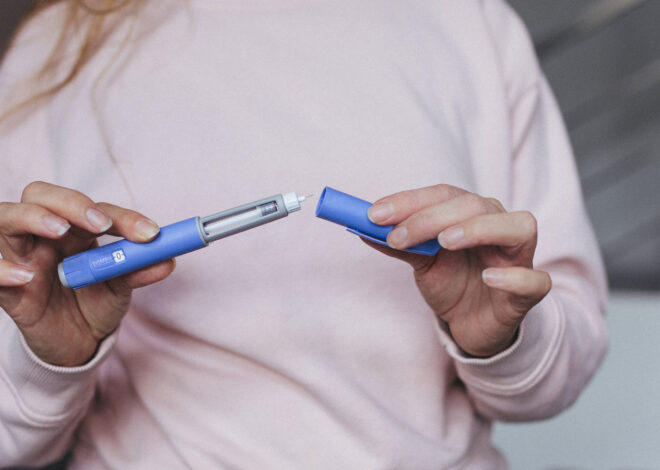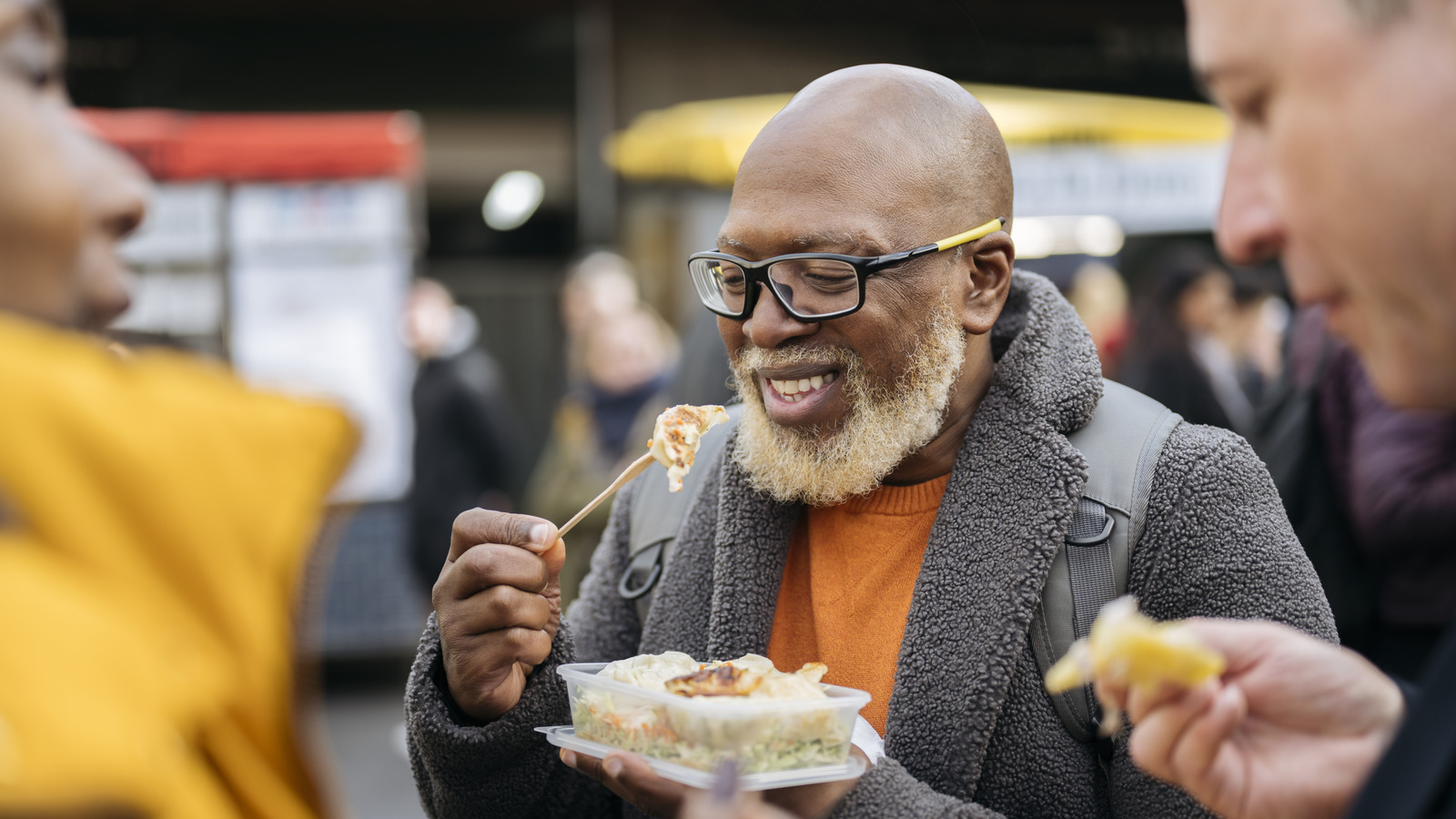
Men Should Avoid Eating Spicy Foods If They Have This Medical Condition – Health Digest
There are a lot of theories about why people like spicy food. Your genes, the culture you come from, and your risk and reward-loving personality might all factor in. Not everyone can handle spicy food, though. Some genuinely don’t like the burning hot sensation that coats their tongue and mouth. In other cases, it’s about avoiding the stuff for medical reasons.
If you’re diagnosed with an enlarged prostate, for instance, spicy food is something that health professionals will tell you to take off of your dinner table. An enlarged prostate, also known as benign prostatic hyperplasia (BPH), is a condition that affects almost 70% of men over the age of 60 and almost 80% over the age of 70, explained urologist and pelvic surgeon, Dr. Rena Malik. “In men with BPH, the cells in the prostate itself actually multiply and you get more and more cells,” shared the expert, adding that these cells then join together to form nodules that lead to an enlarged prostate. While science isn’t entirely sure why this happens, the existing theories point toward the aging process and changing testosterone levels. A man’s prostate gland is shaped like a walnut and sits close to the bladder, rectum, and urethra. When it grows in size, as it does with BPH, it can cause urinary symptoms (and other signs) that can potentially affect your quality of life. How does spicy food factor into all of this? Let’s take a closer look.
Spicy food and an enlarged prostate: What’s the connection?
Before talking about spicy food’s connection with BPH, let’s take a look at how an enlarged prostate manifests. A weak urine stream is a very common symptom, and you may want to consult your doctor if you feel a frequent need to pee, experience frequent night-time urination, or have trouble starting the urination process or emptying your bladder fully. Urine dribbling after peeing, urinary incontinence, pain during urination, pain after ejaculation, and a change in the color and smell of your urine are all signs that come with BPH.
Spicy foods can make your symptoms worse. They can irritate the lining in your bladder and also your prostate, and worsen urinary symptoms like having the urge to pee often or frequent urination. Turns out, an enlarged prostate is not the only health condition that is affected by spicy foods. Prostatitis is too.
Once you’re diagnosed with BPH, there are a few things you can do — wait to see how symptoms progress, make certain lifestyle changes (like avoiding certain foods) to manage your symptoms, get on medications, and even surgery for when symptoms become unmanageable through your other options. When it comes to medications, your doctor might prescribe alpha-blockers that help relax muscles in the prostate area to help with urination. Medications to slow the growth of your prostate gland are another option. Surgery options include removing the prostate tissue with a resectoscope, widening your urethra, and laser treatment to evaporate enlarged prostate tissue. Back to the foods you should avoid.
Managing BPH with what you eat: Foods to avoid and foods to eat
While preventing an enlarged prostate is probably the best course of action for men, managing its symptoms with what you eat and what you don’t eat when you’re diagnosed with the condition can bring you some relief.
Red meat, caffeine, alcohol, and sodium are some of the foods your doctor will ask you to be mindful of. The saturated fat in red meat could contribute toward existing inflammation, caffeine can make you want to pee more because it’s a diuretic, alcohol can affect your prostate (and also cause you to pee more), and a high-sodium diet could also exacerbate urinary symptoms associated with the condition.
What you should be including in your diet are plenty of antioxidants, healthy fats, zinc, and vitamin C. Foods to eat for your prostate health include a large variety of vegetables, a few servings of fruit, lead forms of protein like fish, salmon (for its inflammation-fighting omega-3 fatty acids), and nuts (for their zinc content that balance your hormones). Getting some form of exercise every day and keeping your weight under control can also help. You can also learn more about the natural ways men can boost their prostate health as they age.
